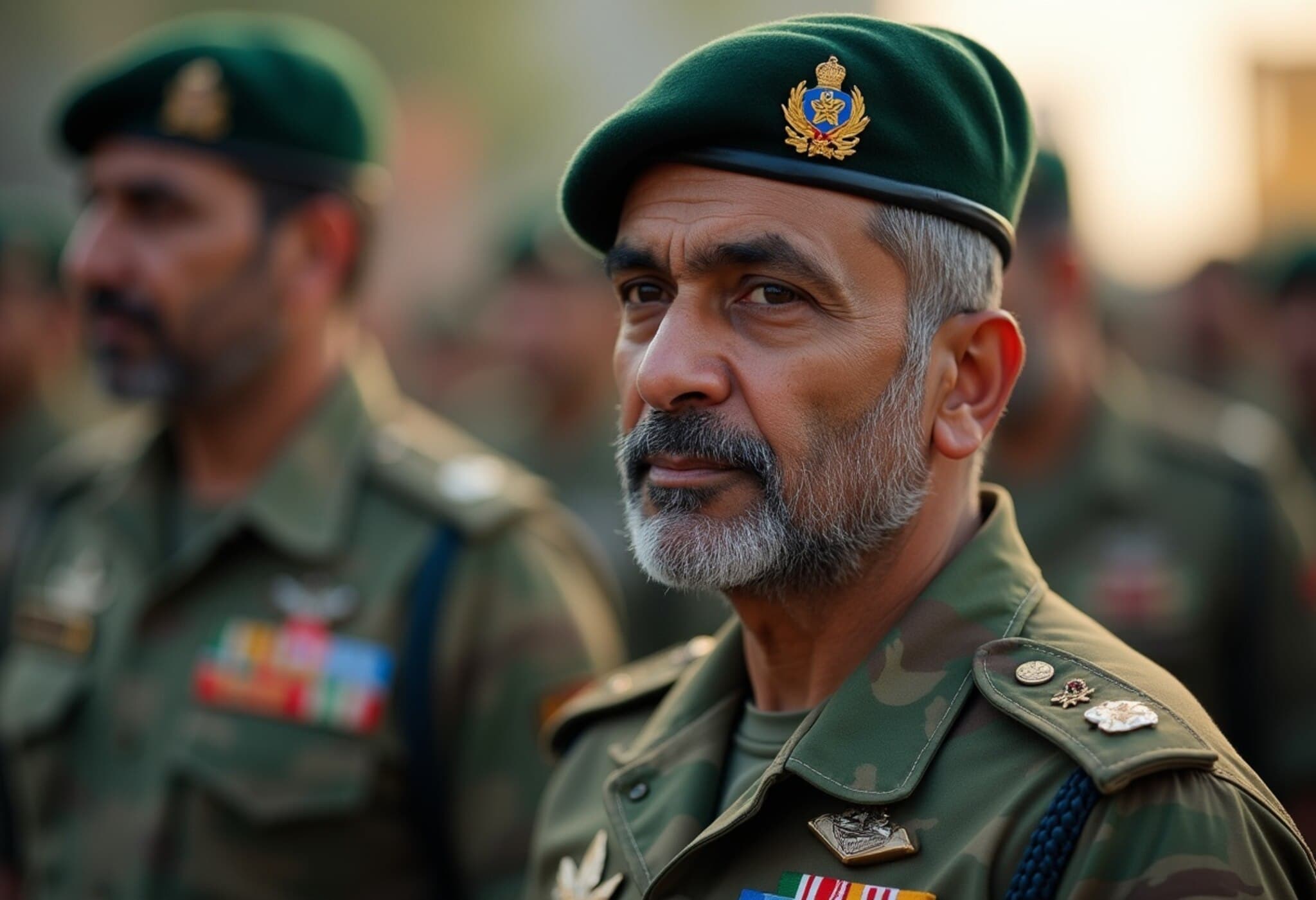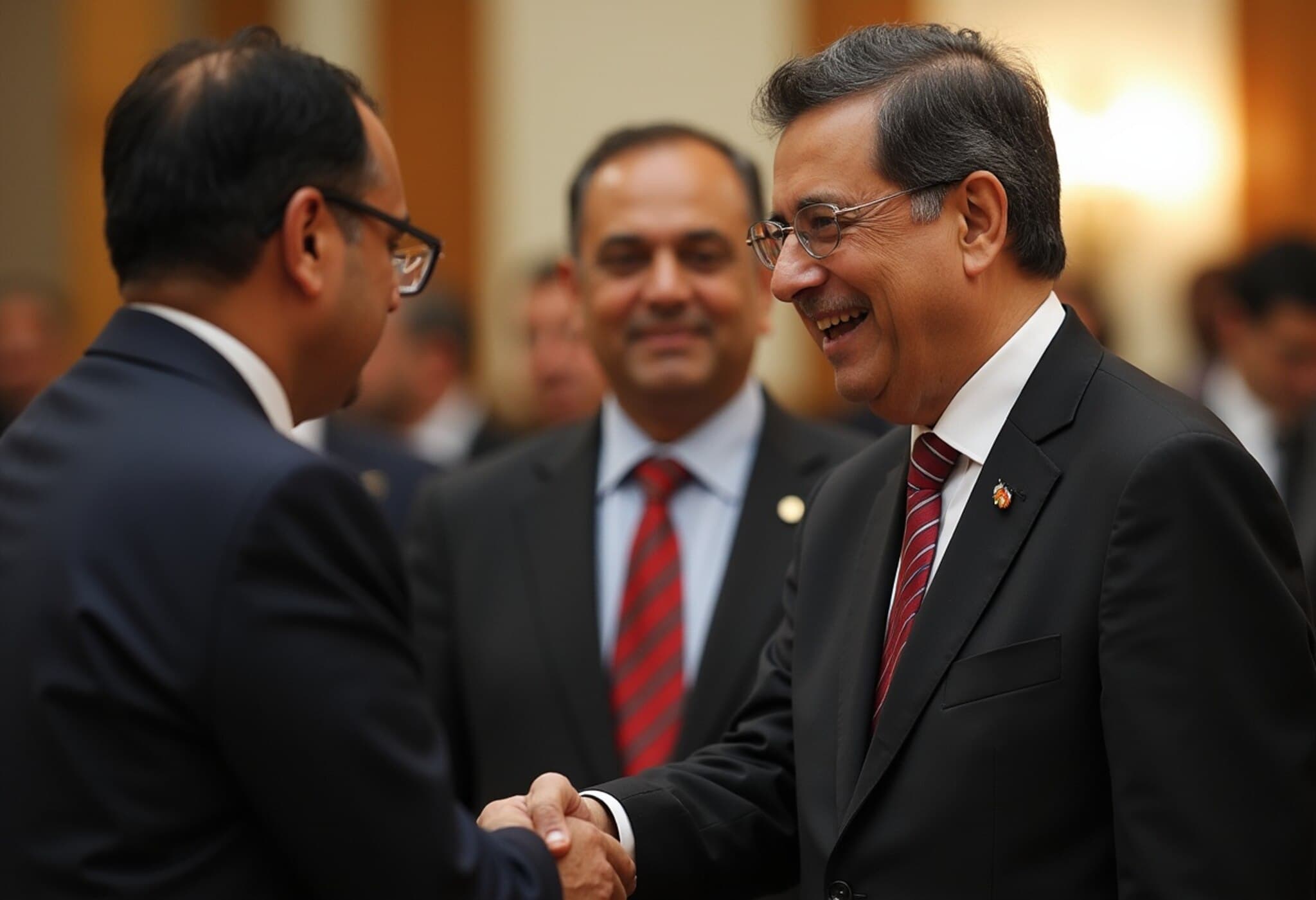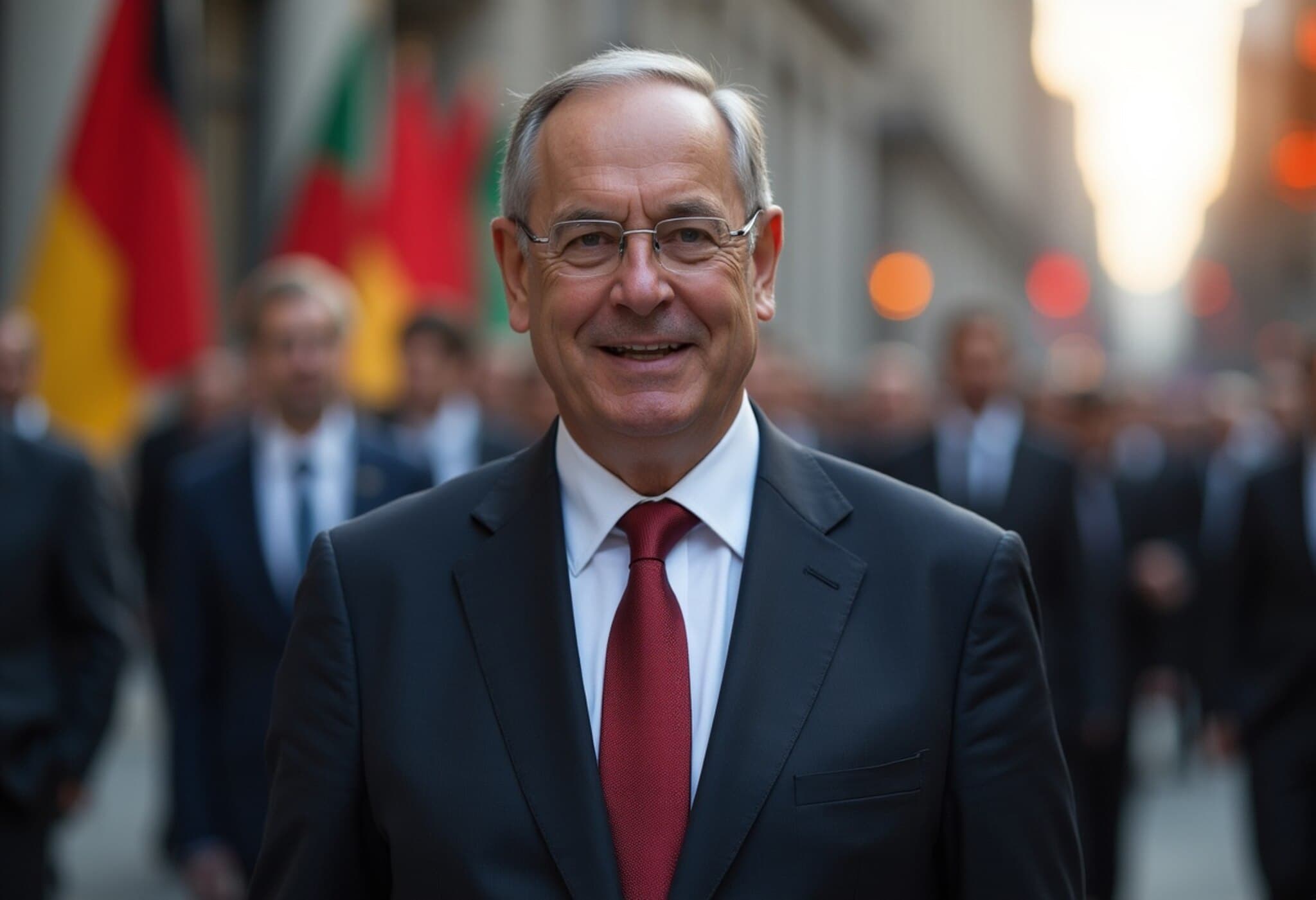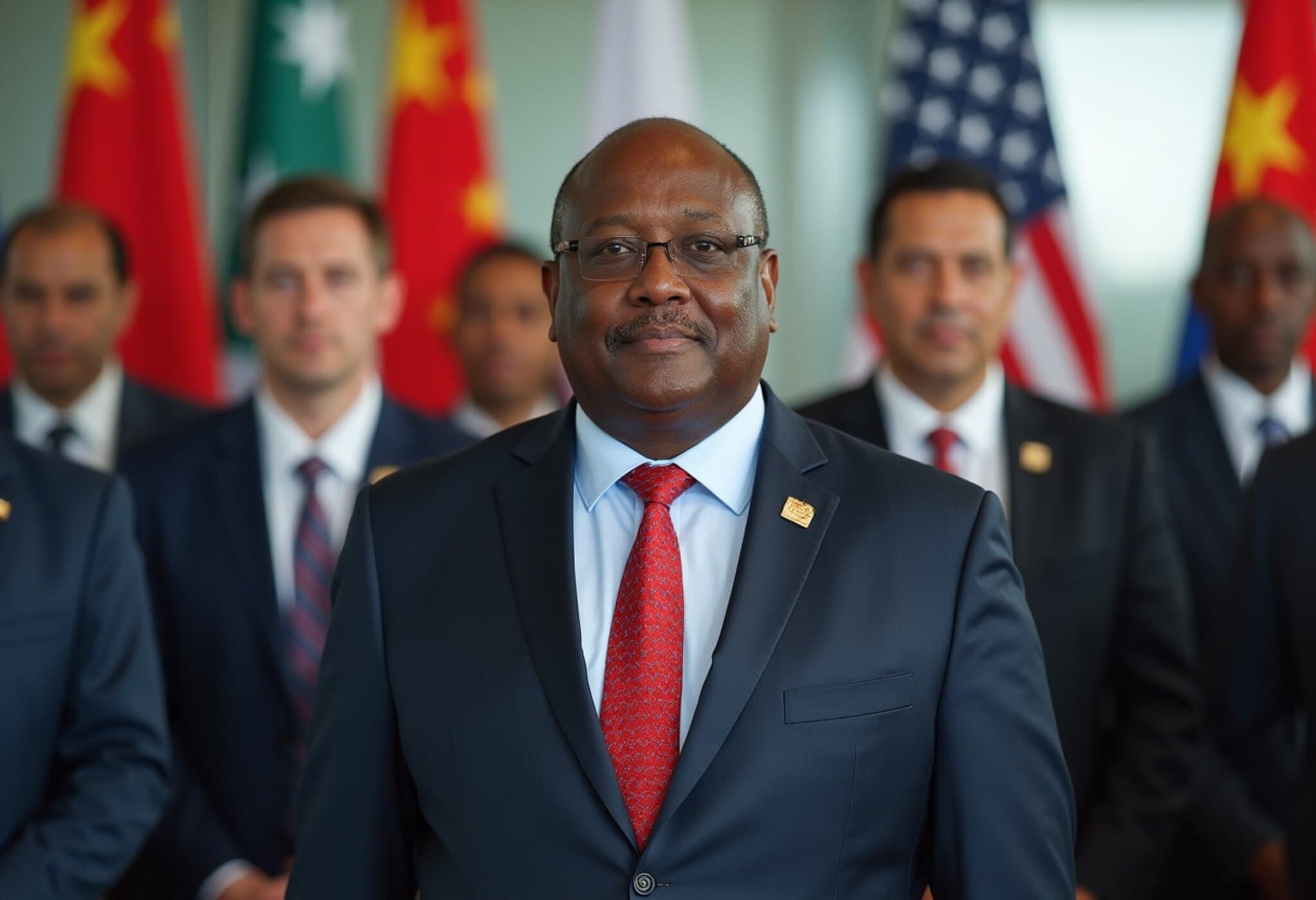Pakistan Invites US and International Mediation to Address Kashmir Conflict
In a significant diplomatic gesture ahead of Pakistan Army Chief General Asim Munir's scheduled visit to the United States, Pakistan has openly expressed its willingness to accept mediation from the US or any other country in seeking a resolution to the longstanding Kashmir dispute. This development marks a rare invitation by Islamabad for third-party facilitation in a conflict that has long resisted external interference.
Official Pakistani Statement Signals Openness Amid Heightened Tensions
Speaking at his routine weekly press briefing, Foreign Office spokesperson Shafqat Ali Khan underscored Pakistan’s readiness to welcome assistance from any nation capable of contributing to stabilizing the volatile situation in Kashmir. "We welcome help not only from the US but any country which can help stabilize the situation and move towards resolution of the Kashmir dispute, which is at the heart of issues of peace and security in South Asia," Khan remarked.
This statement comes against the backdrop of escalating military tensions between India and Pakistan, including skirmishes earlier this year, as well as currently strained India–US relations over trade and geopolitical differences.
India's Firm Stance Against Third-Party Involvement
Conversely, India continues to reject the prospect of third-party mediation, citing the Simla Agreement of 1972, which expressly prohibits involving external parties in bilateral matters pertaining to Kashmir. The Indian government insists that any discussions on Kashmir must remain strictly between the two countries.
When asked about potential direct dialogue since the May 2025 diplomatic conflict, Khan confirmed there has been no contact beyond routine diplomatic exchanges. However, he welcomed the US’s interest as a constructive influence in encouraging dialogue.
Underlying Challenges and Unanswered Questions
- Diplomatic deadlock: India's stringent conditions, including Kashmir’s status and terrorism on its soil, continue to impede breakthroughs.
- Regional security dynamics: Pakistan highlighted recurring terrorism issues emerging from Afghanistan, underscoring the complex security matrix affecting stability.
- Transparency concerns: Khan dismissed rumors about secret mineral extraction deals and affirmed Pakistan’s commitment to safeguarding its national interests while fostering legitimate foreign investment.
- Global geopolitical implications: Addressing speculation about Pakistani nationals' involvement in the Ukraine conflict, the spokesperson refuted claims and noted no official inquiries from Ukraine to Pakistan.
Expert Insight: Why This Moment Is Crucial
This invitation for external mediation represents an unusual pivot in Pakistan's diplomatic playbook, signaling potential fatigue from prolonged bilateral deadlock and a desire to recalibrate relations amid shifting global alliances. It also reflects Pakistan’s recognition that resolving Kashmir remains pivotal not only for bilateral peace but for broader South Asian stability—a region whose dynamics increasingly influence global economic corridors and security frameworks.
For the United States, navigating its complex strategic ties with both India and Pakistan presents a nuanced challenge: balancing economic partnerships with India against the imperative to engage Pakistan constructively to prevent escalation and foster regional peace.
Looking Ahead: The Stakes of Army Chief Munir's US Visit
General Munir's upcoming visit, his second in as many months, is expected to further explore avenues for dialogue and potential cooperation. Observers will be watching closely to see if this trip ushers in a new chapter of pragmatism or deepens existing divisions.
Critically, the international community faces questions about the efficacy and neutrality of external mediation in Kashmir, a dispute that has historically been resistant to outside intervention, raising concerns about sovereignty, regional balance, and the potential for unintended consequences.
Editor’s Note
The evolving diplomatic overtures from Pakistan, juxtaposed with India's firm resistance to third-party involvement, highlight the complex geopolitical chessboard shaping South Asia today. As General Munir engages with US officials, the world watches keenly: can fresh mediation efforts break a decades-old impasse, or will entrenched positions prevail? What role should global powers rightfully play in a conflict so deeply rooted in national identities and security concerns? These questions remain at the heart of one of the most enduring and sensitive disputes in modern international relations.









